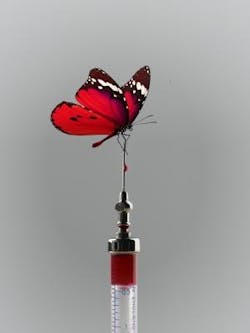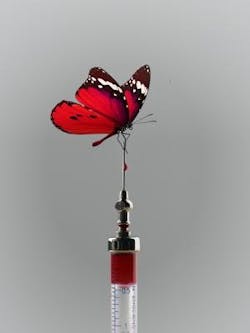For pharma, it started with one impurity, present in less than one part per million. In the summer of 2018, Major Pharmaceuticals voluntarily recall valsartan tablets supplied by Teva after the blood pressure product was found to contain the probable human carcinogen NDMA. More recalls from more pharma manufactures quickly followed, all due to NDMA impurities. A few months later, the FDA identified another potentially carcinogenic impurity, NDEA, found in the generic blood pressure drugs irbesartan and losartan. More recalls. This past February, yet another potential carcinogen, NMBA, was detected in various generic heart drugs, adding more angiotensin-receptor blocker (ARB) medications to the growing FDA list of product recalls.
The recall funnel kept building speed and began to descend from the darkening quality cloud. When it touched ground, it caused significant disruptions in American health care. Despite the FDA assuring the public that health risks were minimal, patients relying on daily blood pressure medications began questioning whether or not they should continue treatment, with many losing faith in the overall safety of generic drugs.
According to the FDA, at least one million people in the U.S. were likely exposed to the recalled drugs, but many experts argue the number is much larger. How did we let these impurities slip into the American supply chain?
The recalls triggered an ongoing global investigation in carcinogenic impurities, most of which were traced back to APIs made by Chinese and Indian suppliers.
The damage was widespread. Contaminated products. Drug shortages. Waning public trust in generics. More bad press for pharma. And not to mention hundreds of millions of dollars worth of recalls and what will inevitably be years of litigation. Further, with 80 percent of the active ingredients in our drugs being made overseas, the incident has brightened the spotlight on quality for all drug manufacturers and their suppliers, as well as put the FDA in the hot seat.
These recent recalls have shown the world how the complex pharma landscape — the system that billions of people depend on with their lives — can be completely altered by the smallest traces of impurities.
This carcinogenic butterfly was a wakeup call. The time for change is now. Quick fixes and supplier switches won’t repair a systemic quality issue. Real preparedness will come in the form of better supplier monitoring and an increase in quality testing by everyone in the pharma supply chain.
This will not be the only butterfly to flap its wings in the pharma ecosystem. But tornados need very specific environmental conditions in order to form. When this spate of recalls finally comes to an end, the best outcome we can hope for is an increased accountability that will enable pharma to better manage conditions and halt quality issues before they spiral out of control.
About the Author
Karen P. Langhauser
Chief Content Director, Pharma Manufacturing
Karen currently serves as Pharma Manufacturing's chief content director.
Now having dedicated her entire career to b2b journalism, Karen got her start writing for Food Manufacturing magazine. She made the decision to trade food for drugs in 2013, when she joined Putman Media as the digital content manager for Pharma Manufacturing, later taking the helm on the brand in 2016.
As an award-winning journalist with 20+ years experience writing in the manufacturing space, Karen passionately believes that b2b content does not have to suck. As the content director, her ongoing mission has been to keep Pharma Manufacturing's editorial look, tone and content fresh and accessible.
Karen graduated with honors from Bucknell University, where she majored in English and played Division 1 softball for the Bison. Happily living in NJ's famed Asbury Park, Karen is a retired Garden State Rollergirl, known to the roller derby community as the 'Predator-in-Chief.'

